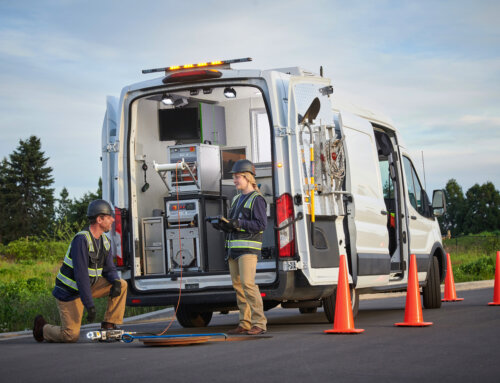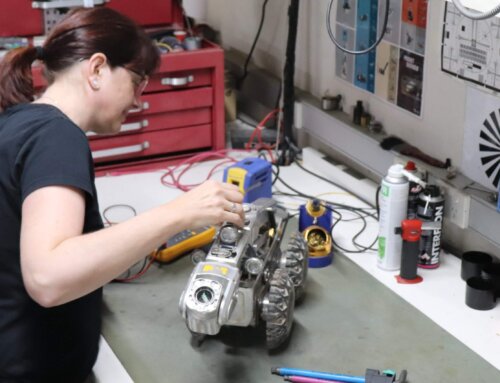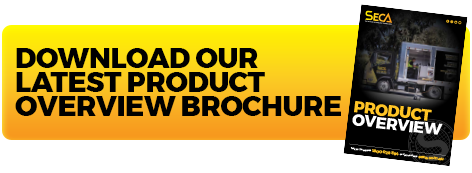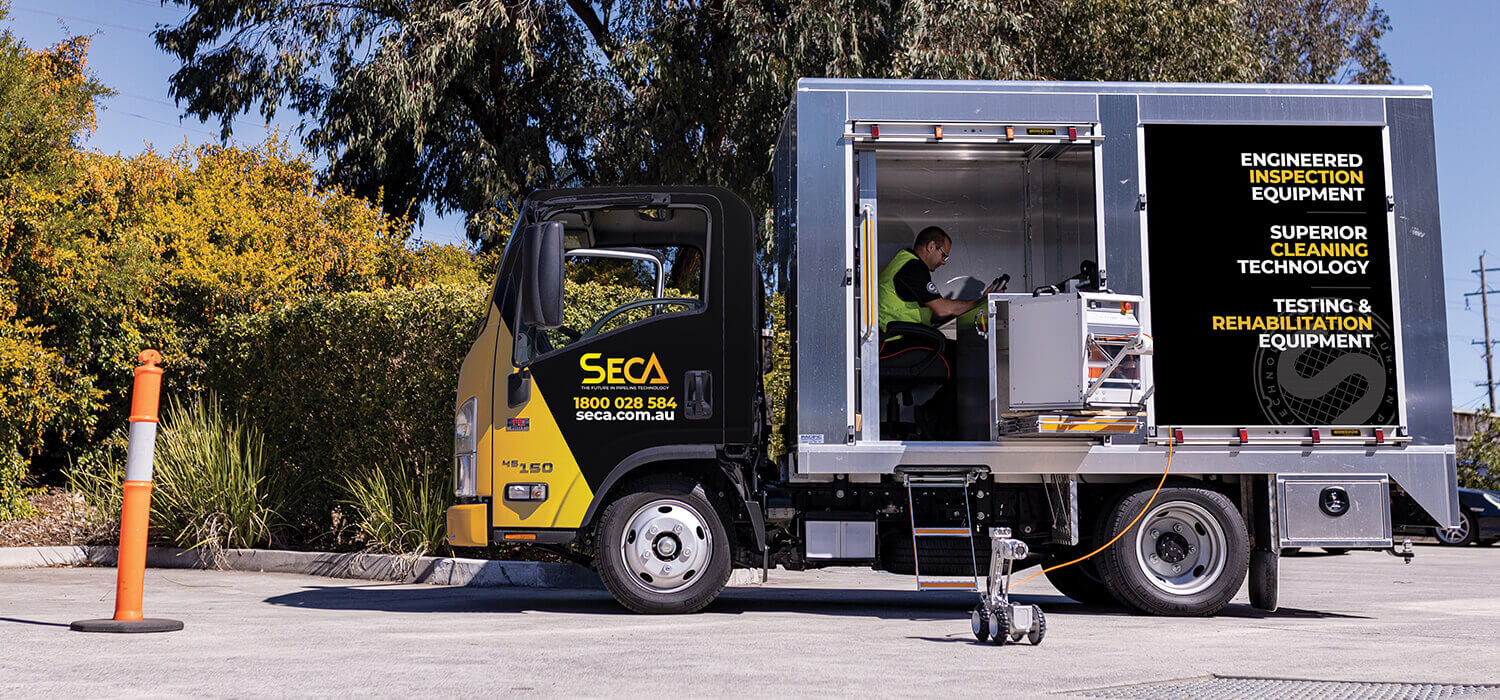
Ensuring Safe & Efficient Operations Through Properly Trained Operators
Posted by Kristel Hudson on 05-July-2024 10:00:00 Find me on: LinkedIn
Having qualified operators on the field with nationally recognised training is essential for ensuring safe and efficient operations, as well as meeting regulatory requirements.
Nationally Recognised Training typically means that the training program meets specific quality standards set by the national regulator for vocational education and training body (Australian Skills Quality Authority – ASQA). This ensures that the training program is comprehensive and consistent, and that the graduates of the program have the knowledge and skills to perform their duties safely and effectively.
Employers, utilities and councils should prioritise their operators with high-quality training that meets or exceeds national standards, and ensure their operators have the necessary certifications to perform their jobs diligently.
How does nationally recognised training benefit employers and their business, council, and utilities?
Nationally recognised training can provide numerous benefits for employers, businesses, councils, and utilities. Some key benefits include:
- Improved safety: Nationally recognised training can provide operators with the skills and knowledge to work safely and efficiently, reducing the risk of accidents and injuries in the workplace.
- Increased productivity: Operators with nationally recognised training are often more productive and efficient, as they have a greater understanding of the tasks they are required to perform and perform them correctly.
- Compliance with industry regulations: Many industries have regulations that require operators to have specific qualifications or training. National recognition ensures that operators have received training that meets the relevant industry standards and regulations.
- Enhanced reputation: Employers, businesses, councils and utilities with a reputation for investing in employee training are often viewed as being more professional and trustworthy by customers, suppliers, and the wider community.
- Improved staff retention: Investing in training can improve staff retention rates, as employees are more likely to stay with a company that invests in their professional development.
- Increased job satisfaction: Operators who receive training often have a greater sense of job satisfaction, as they feel valued and supported by their employer.
- Competitive advantage: Employers, businesses, councils, and utilities with operators who have national recognised training have a competitive advantage over those that do not, as they are more likely to have skilled and knowledgeable employees who can deliver high-quality services.
Where Can I Find a Registered Training Organisation (RTO)?
It’s important to ensure that the RTO you choose is accredited by the Australian Government through the Australian Skills Quality Authority (ASQA). Accreditation ensures that the RTO meets national standards for quality and relevance, and the qualifications they offer are recognised by employers across the country.
To find RTO’s that offer accredited training in the wastewater industry, you can use the search function on the training.gov.au website. Simply enter “sewer or stormwater” or related terms in the keyword search field and select the sate or territory where you are located. This will generate a list of all accredited courses related to wastewater and RTO’s that offer them.
To find RTOs, you can research them further to find the best fit for your needs. Consider factors such as the location, costs, course description, and reputation of the RTO. You may also want to check the RTO’s student reviews and success rates to get an idea of their quality and effectiveness.

What courses are recommended for the Wastewater Pipeline industry?
There are several courses that have high value for operators in the Wastewater Pipeline Industry. The most beneficial include:
CCTV Pipeline Inspection
Conduit Inspection Reporting Training, such as:
CCTV Operator (Pipeline Inspections)
Inspect Sewer or Stormwater Assets NWPNET037 (previously known as NPWNET016) is a nationally recognised course that provides individuals with the skills and knowledge required to inspect sewer and stormwater assets. The course is designed to meet the needs of individuals working in the water and wastewater industry, including those in local government, utilities, and private companies.
The course covers a range of topics related to the inspection of sewer and stormwater assets, including:
- Identifying sewer and stormwater assets
- Conducting inspections of sewer and stormwater assets
- Identifying defects and faults in sewer and stormwater assets
- Conducting inspections of sewer and stormwater assets
- Preparing report on the condition of sewer and stormwater assets
- Working safely and adhering to relevant regulations and guidelines
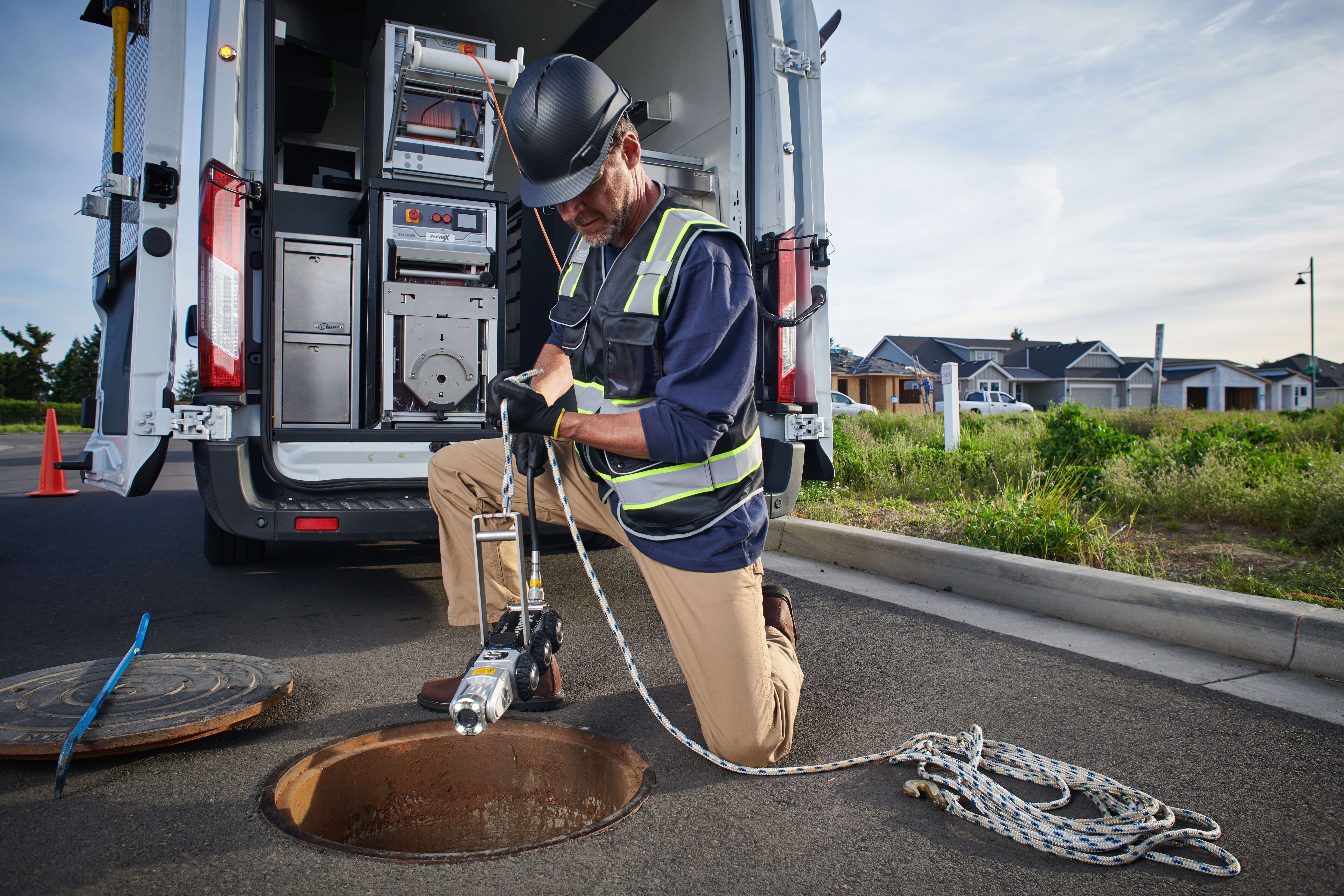

CCTV Supervisor Course
Supervise Conduit Inspection and Reporting NWPNET059 is designed for individuals who are responsible for supervising and reporting on conduit inspection activities. Individuals sitting this course should have already completed the CCTV Operator Course – Inspect Sewer or Stormwater Assets NWPNET037.
The course covers:
- Detailed introduction to inspection and reporting
- Legislation and standards related to the Conduit Inspection Reporting Code of Australia
- Conduit inspection techniques and equipment
- Data management and reporting
- Quality control and assurance
- Safety considerations for conduit inspection
CCTV Combined (Supervisor/Operator)
The Combined Course combines the CCTV Operator & CCTV Supervisor Courses saving individuals time and money by completing the course all at one time over 4 days.
Conduit Inspection Reporting training is typically delivered through a combination of classroom-based training and practical assessments. Individuals who successfully complete the course are awarded a Statement of Attainment that is recognised across Australia.
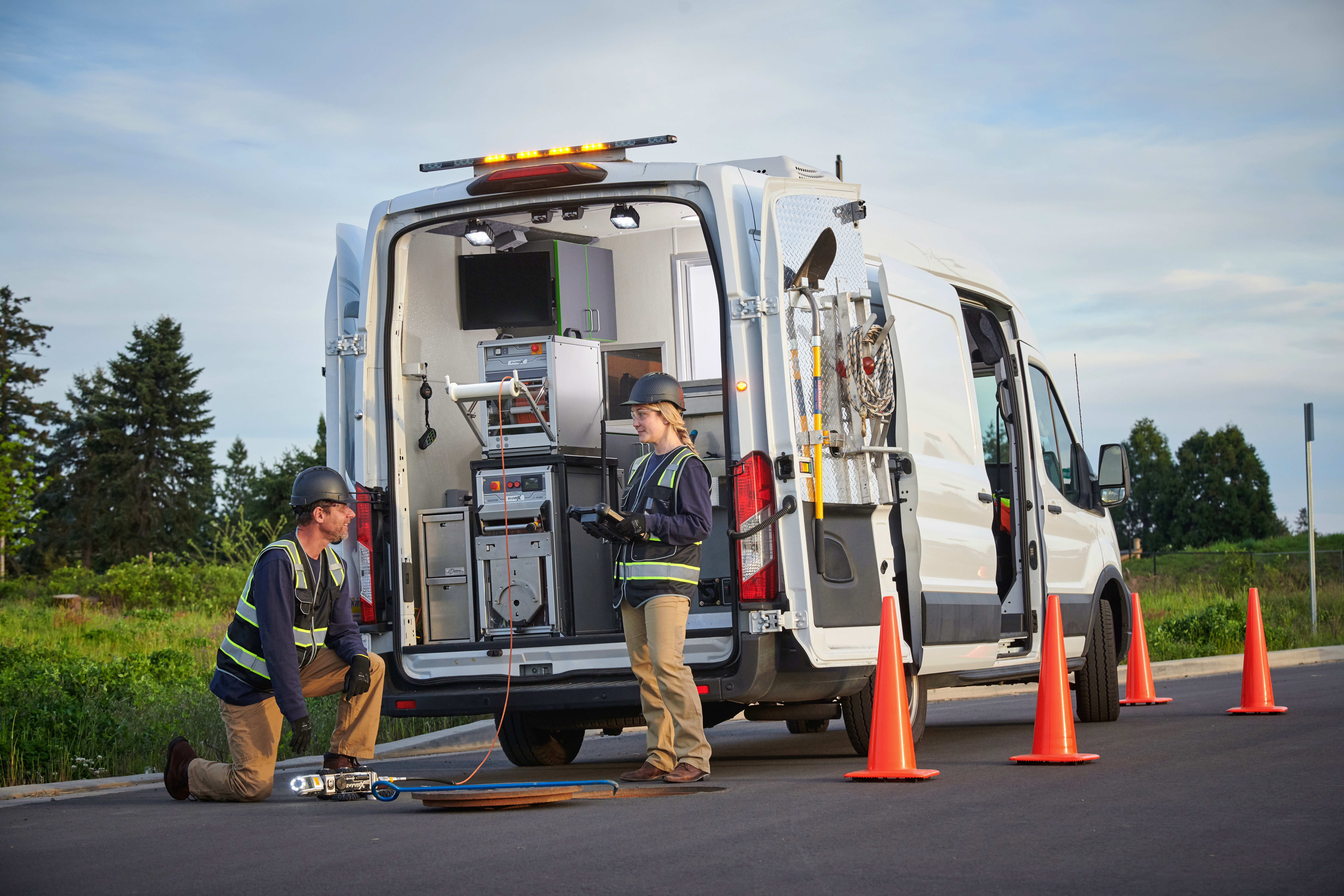
Drain Cleaning / High Pressure Water Jetting Equipment
Operate a Drain Cleaning System
The MSMSS00019 – Operate a Drain Cleaning Course is nationally recognised training that provides individuals with the skills and knowledge required to operate and maintain a drain cleaning system. The course is designed to meet the needs of individuals working in the water and wastewater industry, including those in local government utilities and private companies.
The course covers a range of topics related to operating a drain cleaning system including:
- Identifying different types of drain cleaning systems
- Understanding the principles of drain cleaning
- Operate and maintain a drain cleaning system.
- Identifying and managing safety risks associated with drain cleaning.
- Adhering to relevant regulations and guidelines
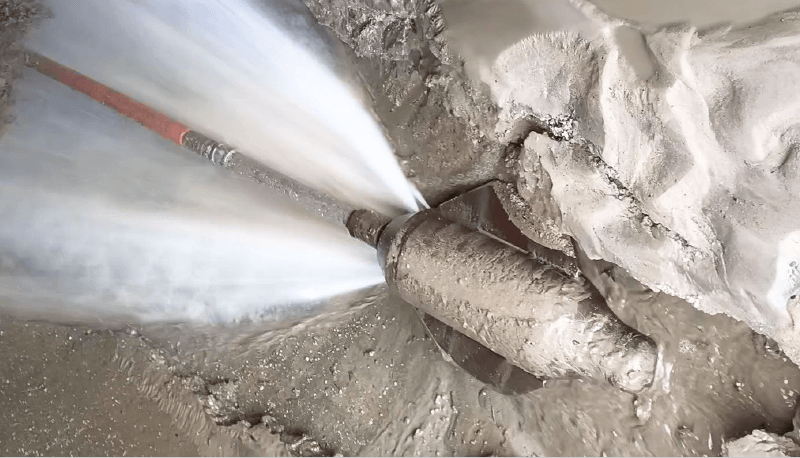
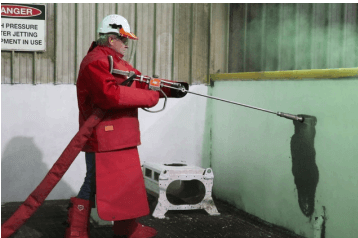
Use High Pressure Water Jetting Equipment (Assistant)
The MSMSS00017 – Use High Pressure Water Jetting Equipment (pre-requisite to the MSMSS00018 – Operate a High-Pressure Water Jetting System) is a nationally recognised unit of competency that provides individuals who operate high-pressure water jetting equipment in various industries. The course is designed to teach students the skills and knowledge required to operate high-pressure water jetting equipment safely and efficiently.
The training program covers various topics related to the use of high-pressure water jetting equipment, including identifying hazards and risks associated with the equipment, setting up and preparing equipment for use, selecting appropriate nozzles and accessories for different applications, and conducting pre-operation checks and maintenance procedures.
Individuals who successfully compete the course are awarded a Statement of Attainment that is recognised across Australia.
Operate a High-Pressure Water Jetting System
The MSMSS00018 – Operate a High-Pressure Water Jetting System is a nationally recognised training course that is designed for individuals in the working in the water and wastewater industry including those in local government utilities and private companies. The course covers a range of topics related to operating a high-pressure water jetting system such as:
- Understanding the principles of high-pressure water jetting
- Operating and maintaining a high-pressure water jetting system
- Identifying and managing safety risks associated with high-pressure water jetting
- Adhering to relevant regulations and guidelines
- Identifying different types of high-pressure water jetting equipment
- Selecting the appropriate equipment for the task at hand
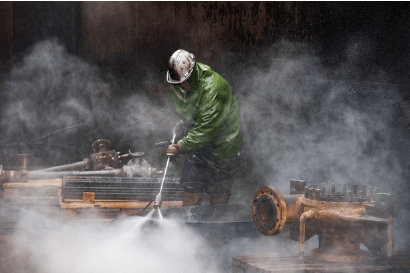
SECA Academy
These courses are delivered through a combination of classroom-based training and practical assessments. Individuals who successfully compete the course are awarded a Statement of Attainment that is recognised across Australia.
SECA now has a purpose-built facility at their Sydney Warehouse, aptly named “SECA Academy” where Nationally Recognised Training takes place provided through award winning RTO Asset Training (RTO No. 91255) – Winners of the 2022 Hunter Safety Awards for “Best WHS Training Course & Young WHS Leader of the Year Award”.
Courses are generally run at SECA Academy once to two times a month with a maximum of 10 students per class. Courses can also be conducted onsite by request.

